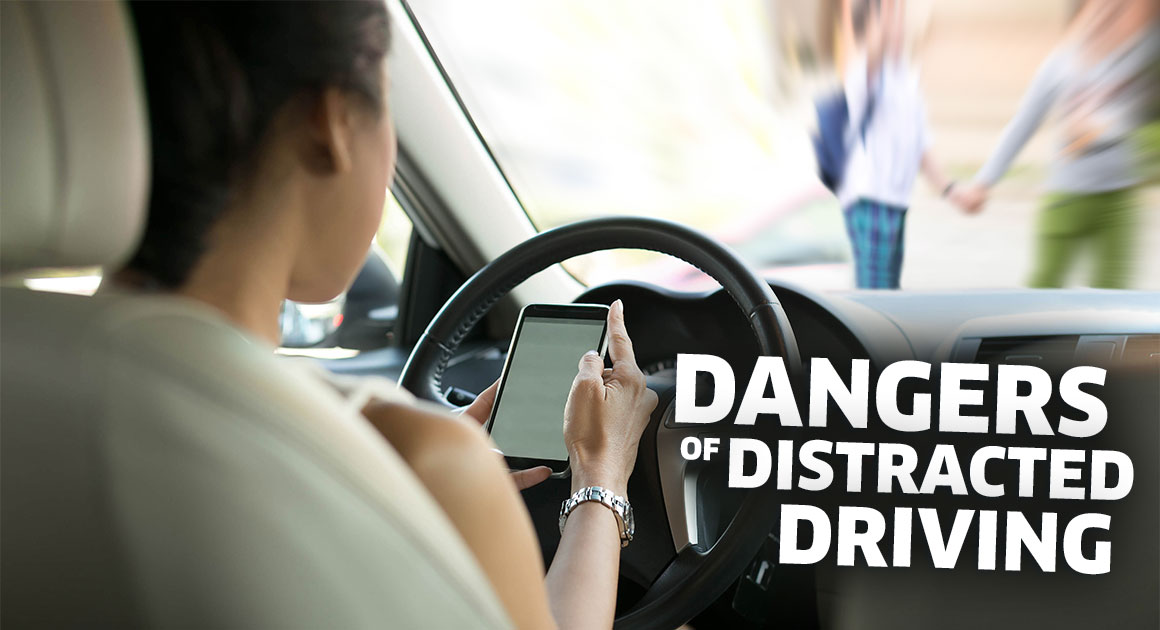We’ve all seen the photos and read the last texts of teenagers prior to a fatal crash, yet the majority of people continue to make the volitional choice to attend to their cell phone over their vehicle. The dangers of distracted driving are imminent and at times it seems there is no light at the end of the tunnel in stopping distracted driving. Don’t be a silent observer as a passenger to the dangers of distracted driving and don’t be a participant.
The U.S. Department of Transportation reported in 2014 that approximately 3,000 fatal crashes occurred due to distracted driving (distraction.gov), roughly 8 people per day. Each State has adopted its own primary laws that encompass the dangers of distracted driving related to cell phone use and can be found at ghsa.org (The Governors Highway Safety Association). As a primary law, law enforcement can issue a traffic violation specifically for distracted driving. Missouri has a ban on texting for drivers 21 years of age and younger and Kansas has a ban on all cell phone use (hands-free and handheld) for drivers 21 years of age and younger and a ban on texting for all drivers of any age. Distracted driving comes in many forms; eating, attending to children’s needs, putting on makeup, and too many passengers are also considered dangers to being distracted while driving.
The dangers of distracted driving as a broad term are really quite simple.
- Monetary fine with a traffic ticket
- Increased auto insurance following a traffic ticket
- Lawsuit*
- Injury to yourself or someone else
- Death or cause of death for someone else
- If your distracted driving results in injury or death to someone else, you will most likely face both criminal and civil consequences as a misdemeanor or a felony. The punitive damages can be financially severe and can be accompanied by jail or prison time.
The dangers of distracted driving coincide with common sense. Take action as both a driver and as a passenger and Take the Pledge to stop being a distracted driver (distraction.gov), who knows, it could save your life.

